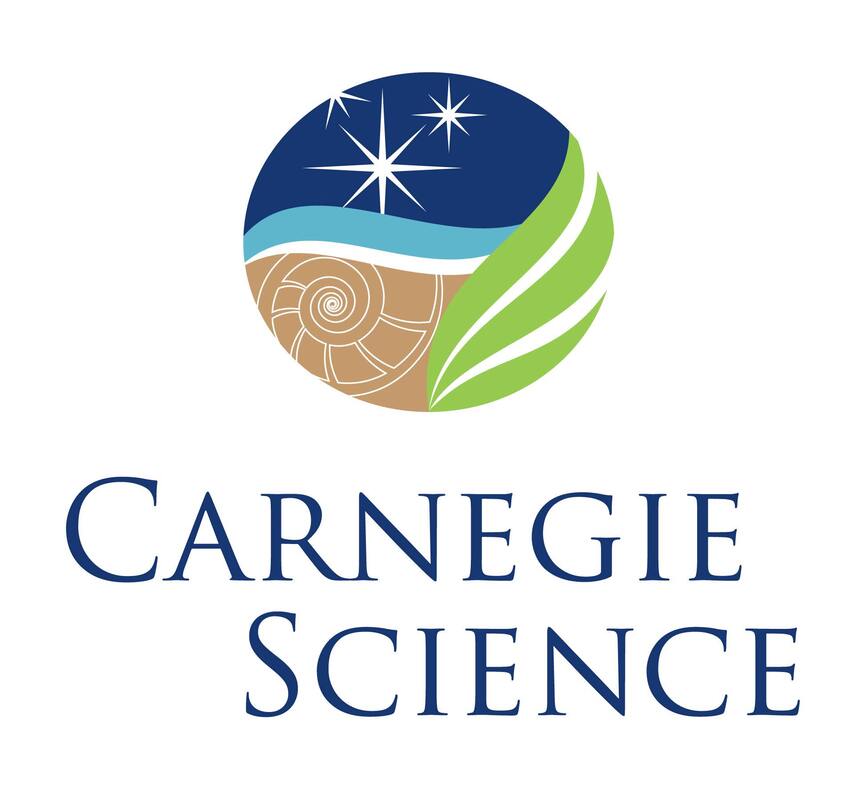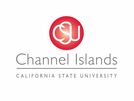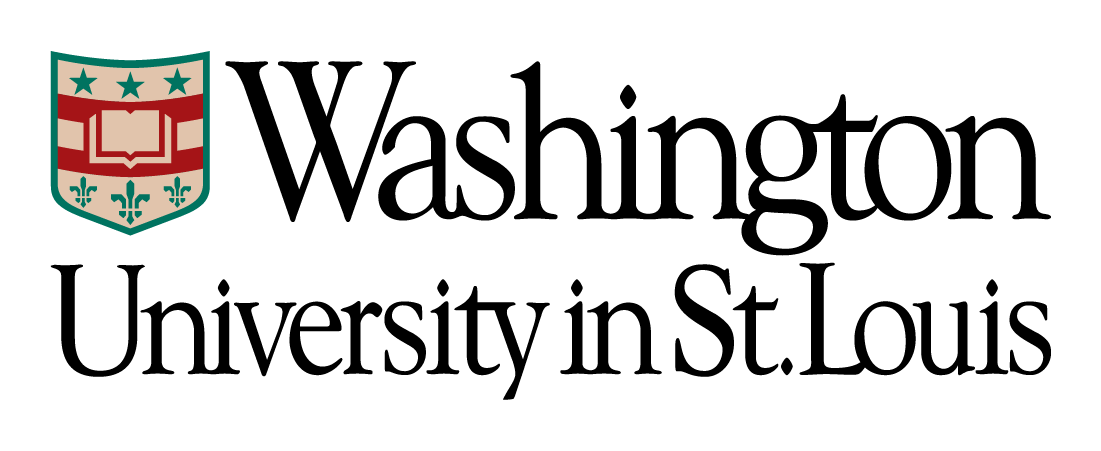Data Management and sharing |
DATA SHARING |
- WALII will use Google Drive and Google Apps for collaborative writing and file exchange.
- Code will be stored and shared on GitHub.
- All participants in a given project will have access to its GitHub repositories.
- All raw and annotated data, bioinformatics pipelines, and code will be made available on Zenodo or GitHub, with corresponding manuscripts, and will be deposited in publicly available repositories.
- All data/metadata will follow established standards of public repositories.
- If no standards exist, then clear and structured data will be deposited in a text-based format that can be fully interpreted.
DATA REPOSITORIES
The data repositories listed below will be used, based on the appropriate data type:
- Mass spectrometry datasets - Metabolic profiles
- MetaboLights
- Global Natural Products Social Molecular Networking (GNPS)
- Mass spectrometry datasets - Proteomics
- MassIVE - must include ProteomeXchange identifiers
- Transcriptomics data
- NCBI sequence read archive (SRA)
- Transcriptomics data - Expression profiles
- PLEXdb
- Transcriptomics data - Gene co-expression networks, analyzed genome-wide datasets
- CyVerse
- Phenotypic datasets - must include detailed protocols of experimental designs and replication, and accompanying meta-data on soil temperature, soil % water content, and Photosynthetically Active Radiation
- Zenodo
- AraPheno database
- Short and long-read sequencing datasets
- NCBI nucleotide archives
- Plasmids
- Addgene
- Organism Strains - Laboratory
- Nematodes - Caenorhabditis Genetics Center
- Arabidopsis - Arabidopsis Biological Resource Center
- Plant material - South Africa field site
- Buffelskloof Herbarium, South Africa - photographed, pressed, vouchered, and long term storage
- Global Biodiversity Information Facility and GitHub - community level, ecophysiological, and functional datasets
- South African Botanical Gardens - Microchloa caffra seed material
- Millennium Seed Bank - Microchloa caffra seed material
TOOLS & REAGENTS
- Novel experimental protocols will be deposited in BioProtocols.
- Any software or tools developed (including simple analysis scripts for parsing or analyzing data) will be made open source, and distributed through GitHub, with stable releases documented and citable via DOI, using Zenodo.
- Plasmids will be deposited to Addgene.
- Yeast libraries will be stored in glycerol stocks at –80°C and made available upon request as will bacterial strains used for protein expression.
- Worm strains will be deposited with the Caenorhabditis Genetics Center at the University of Minnesota.
- Relevant resources and derivatives (plasmids, seeds, antibodies, etc.) will be deposited with the Arabidopsis Biological Resource Center (ABRC) at Ohio State University. The ABRC database and ordering system are incorporated into TAIR, and academic, government, and industry researchers can order stocks distributed through the ABRC for a modest fee without MTA or other use restrictions.
- Plant material will be photographed, pressed, vouchered, and stored long-term in South Africa at the Buffelskloof Herbarium within the Buffelskloof Nature Reserve.
- The community level, ecophysiological, and functional datasets collected will be deposited on the Global Biodiversity Information Facility (GBIF) and will be hosted on GitHub.
- Seed material for Microchloa caffra will be deposited in parallel at local South African Botanical Gardens and the Millennium Seed Bank and will be made available from these sources without restrictions.













